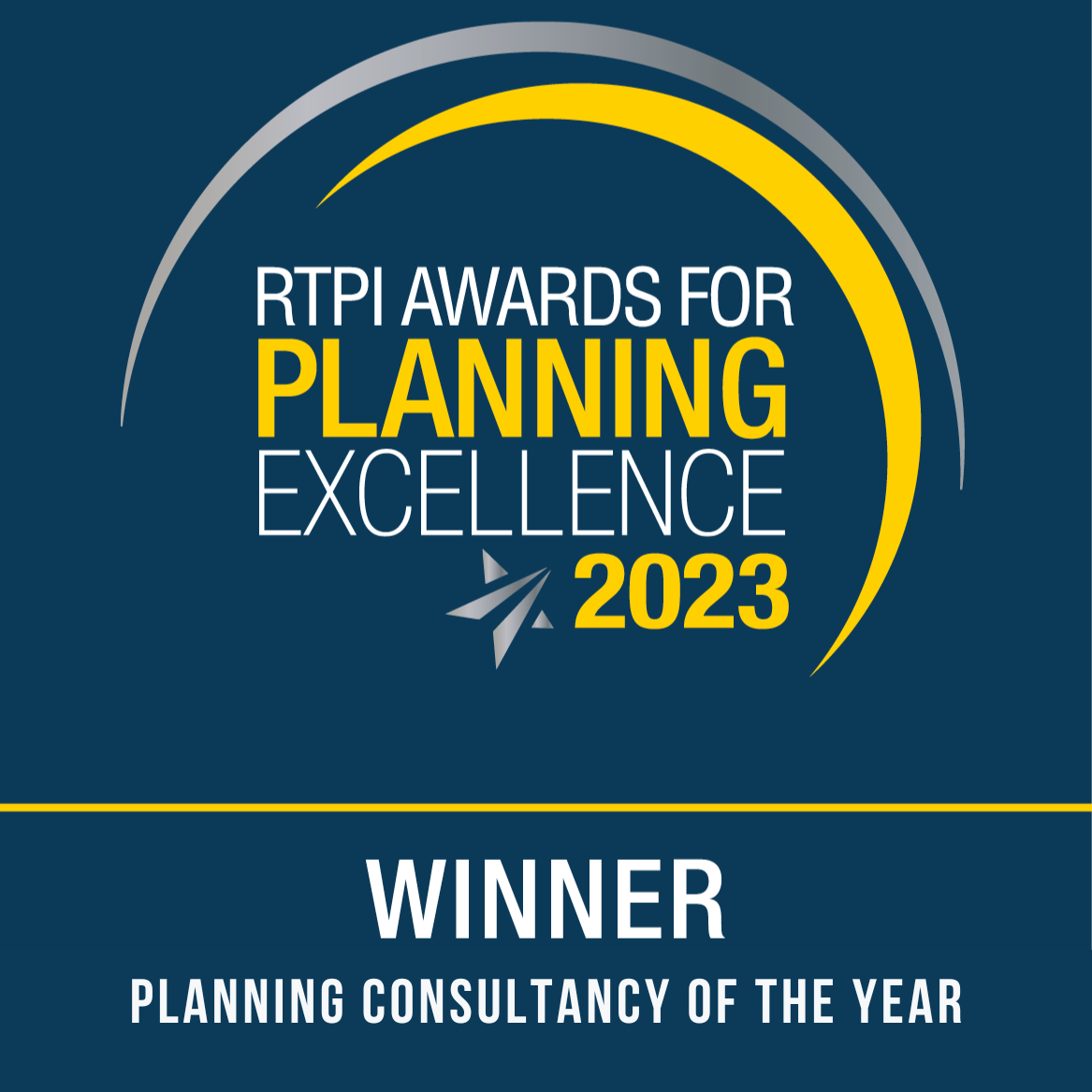We specialise in case-making and bring techniques that decision-makers find persuasive. We can identify funding requirements and present a business case that demonstrate how schemes deliver government policy, including jobs, investment and housing.
Our advice bridges the gap between the economic case and the strategic case, which is often missed. The 2020 Green Book Update has an increased emphasis on both strategic objectives and place-based analysis – at least in part due to the increased emphasis on levelling up. This demonstrates both the relevance and importance of our approach as it becomes more accepted across Government.
We help scheme promoters identify funding requirements and present a business case in a way that meets funders’ objectives. Our strengths are understanding:
- Funding sources and eligibility and developing businesses cases that are aligned with them; and
- How private sector contributions can be secured.
We have helped clients with what are effectively one-off bids for a range of funds such as Housing Infrastructure Funds, City Deals, Local Growth Funds and worked on area-based approaches like business rate retention in Enterprise Zones, the use of Development Corporations and emerging forms of Tax Increment Financing.
Our capabilities and expertise are recognised across government in policy and business plan development and evaluation – Tom Dobson is on the MHCLG CIL Advisory Group, while Andy Hunt is part of the Evaluation Panel of the LSE’s What Works Centre for Local Economic Growth.
As well as understanding conventional issues, we also have expertise in emerging funding sources like land value capture and the proposed Infrastructure Levy. Quod has developed a nation-wide model to estimate the gross development value by local authority for all development in 2018/19. This market leading analysis informs our assessment of the potential impacts of, and appropriate strategy for, a national Infrastructure Levy, as set out in the Planning White Paper 2020.















